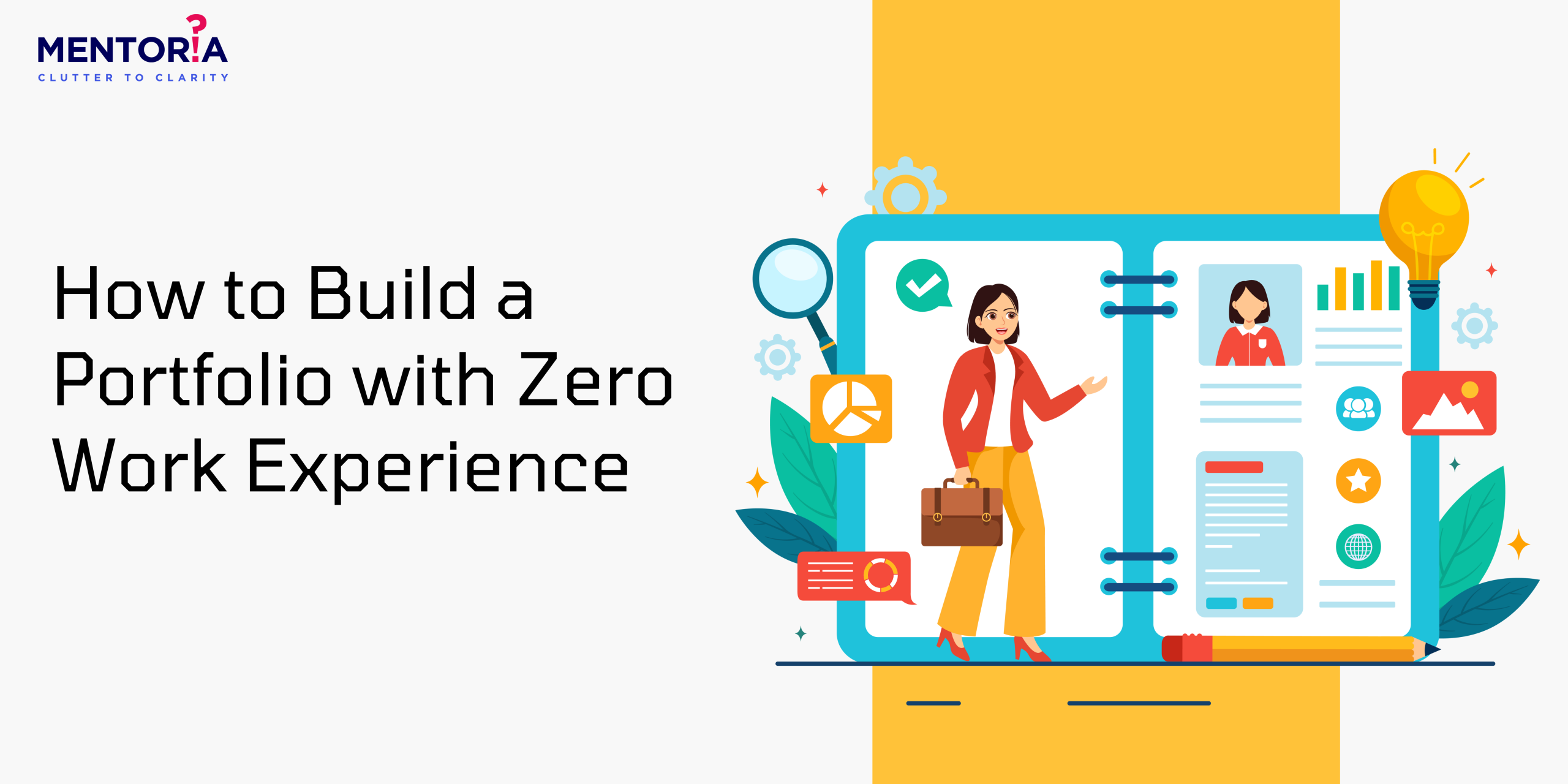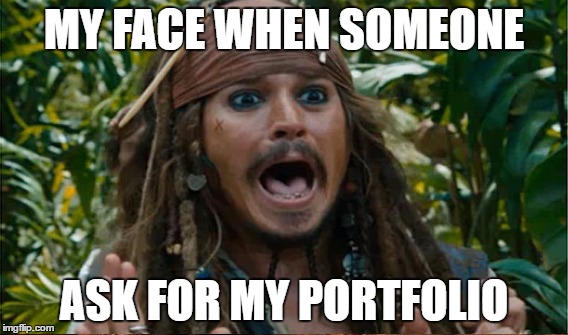How to Build a Portfolio with Zero Work Experience

No Experience? No Problem. Here’s How to Make a Portfolio That Stands Out Anyway
“Send us your portfolio.” You freeze. You’ve never had a job. What portfolio? Relax. We’ve all been there.
It’s the classic early-career paradox: You need experience to get hired, but you need to get hired to gain experience. Luckily, your portfolio doesn’t have to be a museum of past jobs. It just needs to show what you can do, and how you think.
Here’s how to build a portfolio even if your resume is emptier than your Google Drive during exam season.
First: Decide What You’re Showcasing
Are you a designer, a writer, a coder, a marketing nerd, a finance whiz? Cool. Your portfolio should reflect your strengths and the kind of work you want to be hired for — not just what you’ve done.
This means:
-
Designers: Think logos, posters, UI mockups (yes, even for fake brands).
-
Writers: Think blog posts, social captions, scripts — even opinion pieces.
-
Developers: Think small apps, websites, Github contributions.
-
Marketers: Think campaign ideas, case studies, content calendars.
Pro-tip: Your work doesn’t need to have been paid, published, or perfect. It just needs to exist.
Build Your Own “Experience”
No jobs? Create your own.
-
Take on personal projects (Redesign Swiggy’s app. Create a content plan for a fictional brand. Start a blog.)
-
Volunteer work counts (Designed posters for your college fest? It goes in.)
-
Online challenges count (Hackathons, writing prompts, Behance briefs, etc.)
-
Internships — even unpaid ones — absolutely count.
What recruiters want to see isn’t a big brand name. It’s proof of skill, initiative, and taste.
Show the Process, Not Just the Output
Anyone can Google a nice design or AI-generate a blog. What sets you apart is your thinking.
For every piece in your portfolio, add a short blurb:
-
What was the goal?
-
What were the constraints?
-
How did you solve the problem?
-
What did you learn?
This shows employers how you approach work , which is just as important as the final result.
Presentation > Perfection
Keep it clean, easy to navigate, and typo-free. You can use:
-
Notion (super simple, free, customisable)
-
Wix or Carrd (for a more website-y vibe)
-
Google Drive (just organise it well with folders and descriptions)
-
Behance, Dribbble, Github, Medium — depending on your field
Add an “About Me” section, your contact details, and your resume. Boom! you’re portfolio-ready.
Finally
Not sure what to include? Worried if your work is “good enough”? This is where most people give up. You don’t have to.
Mentoria Connect’s AI chatbot MOJO can help you identify your strengths, map out potential career paths, and even suggest portfolio ideas tailored to your industry. Once you’ve got the draft, you can book a mentor who’s already made it in your field, to review your work, suggest tweaks, and help you position it smartly.
-
You don’t need job experience to build a killer portfolio.
-
Start projects. Volunteer. Create. Document your process.
-
Don’t wait for permission — just start.
-
Use Mentoria Connect to build, polish, and grow with expert guidance.
Because your career doesn’t start after you get a job. It starts the moment you show up for yourself.








